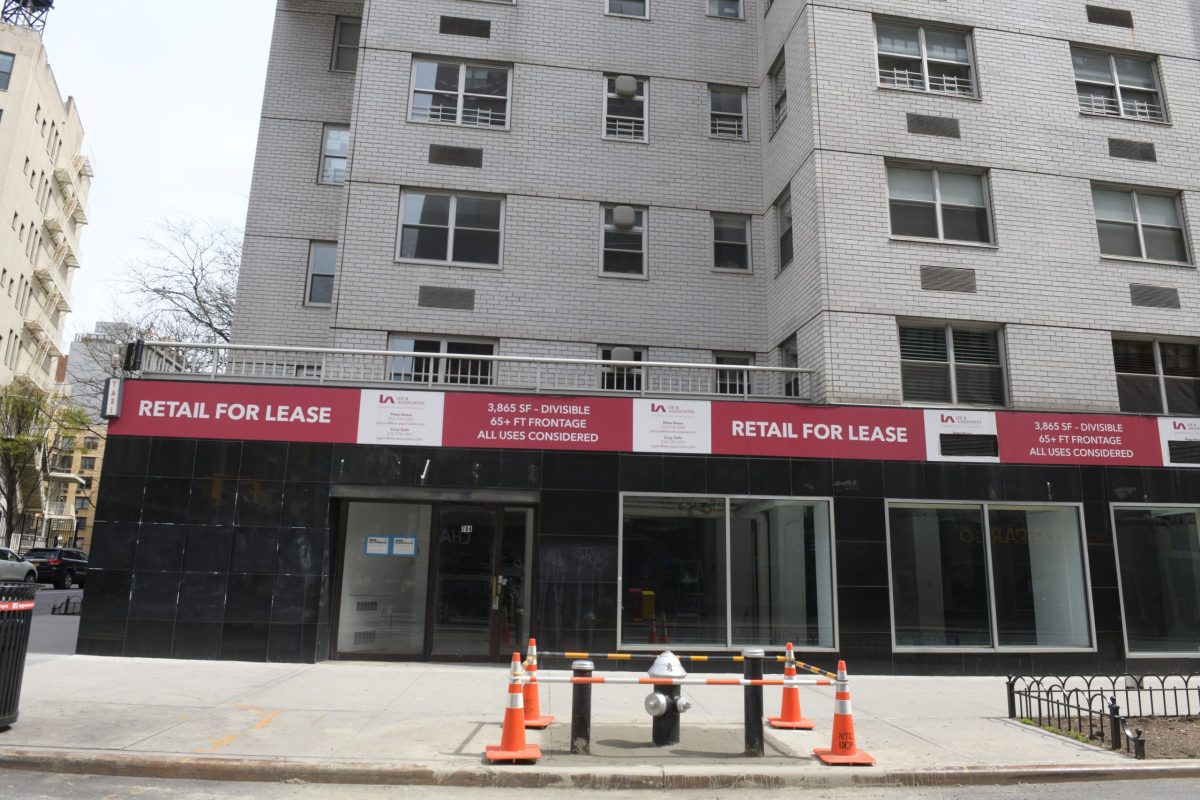By Kenneth Kowald
If the word had been in use when I was a child, the phrase “The customer is always right” would have been called a mantra.
It probably was coined by an American, Harry Gordon Selfridge, who founded the high-end department store, Selfridges, on Oxford Street in London in 1909.
I heard it all the time in my young days and it may have had an effect on how I see the world not only in its commercial aspects but in other ways. I imagine it is still in accepted use today, although I have come across some denunciations of it and its implications on employees who have to deal with disgruntled patrons.
The first time I was able to put the notion to use was when I edited a weekly newspaper in Forest Hills. I tried to be a stickler for accuracy, but if errors were pointed out to us, we corrected our mistakes. I believed our readers were our customers — they helped pay our salaries — and they were entitled to have their views listened to.
When I was secretary to the city Department of Air Pollution Control — a highfalutin title for a PR guy — I ascribed to the quaint notion that all city residents were our bosses and deserved to have their views valued. I believe our small department did a good job about that.
I took the same position when I worked for nonprofits and for a large corporation in Manhattan.
Those who used our services deserved the best possible responses from us. The corporation CEO mandated that all customer comments were to be answered within five working days and all problems resolved within 10 working days, if at all possible. Reasons for any delay had to be made clear to the customers.
But this is not always an easy thing to do. The customers are not always right. They can be something less than honest and forthright in complaining. But those complaints deserve attention, even if it hurts.
Similarly, citizens who complain about government services — whether they are right, wrong or in between — deserve prompt and professional attention. It does not help to be “smart-alecky” about taxpayers.
I think Mayor Michael Bloomberg, whom I hold in high regard in many ways, had a tendency to forget the mantra. Certainly, New Jersey Gov. Chris Christie was not “customer-oriented” when called to task about taking a vacation when the blizzard of 2010 hit this area. “Being there” is part of serving the public.
But both of them, and many other public officials, showed true leadership during Hurricane Irene and especially after Hurricane Sandy.
Perhaps both of them went online and found out more about Selfridge and his highly successful methods of dealing with the public. They might have noted that Selfridge said this: “The boss fixes the blame for the problem, the leader fixes the problem.” And this: “The boss knows how it is done, the leader shows how.”
When a crisis occurs, Christie, Mayor Bill de Blasio and other public servants may want to read again an extraordinary scene in Shakespeare’s “Henry V.” Henry, in disguise, visits his troops the night before the decisive Battle of Agincourt, one of history’s military turning points. He hears their hopes, fears and gripes — some about him — and makes some comments of his own.
Above all, Henry realizes, once again, the enormity of his role as a leader, especially of those who may die or be wounded the next day, fighting on his behalf. But, as the chorus in the play points out, the troops, knowingly or not, had felt “A little touch of Harry in the night,” and that meant a great deal.
“The customer is always right” may be a cliche, but what makes a cliche endure, as this one has, is the basic truth behind it. To this day, Selfridges is still one of the great department stores in the world.
I should note that I began this column before Bridgegate. Christie, in addition to learning what Selfridge and Henry V had to say, may now want to add King Henry II to his list. He famously said, “Will no one rid me of this troublesome priest?” Three knights who heard him did so, a few days later, murdering Archbishop Thomas a Becket in Canterbury Cathedral.
The climate of an institution is set by the leader of it.
Please read my blog “No Holds Barred” on timesledger.com.
































